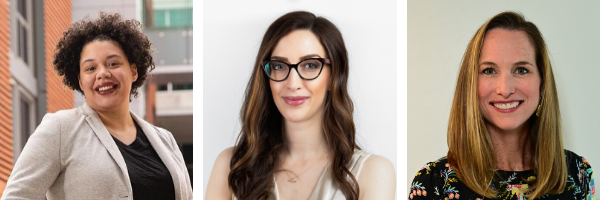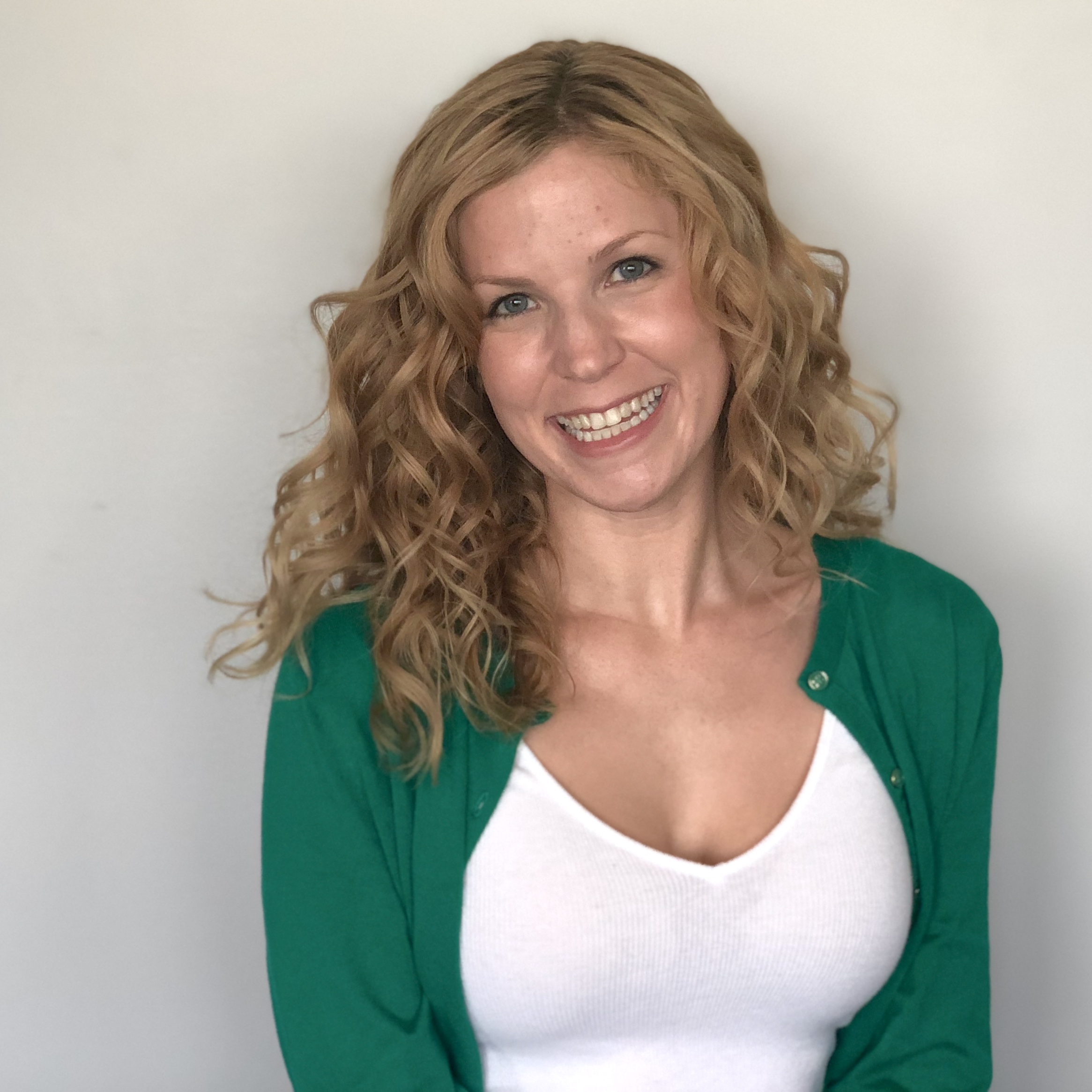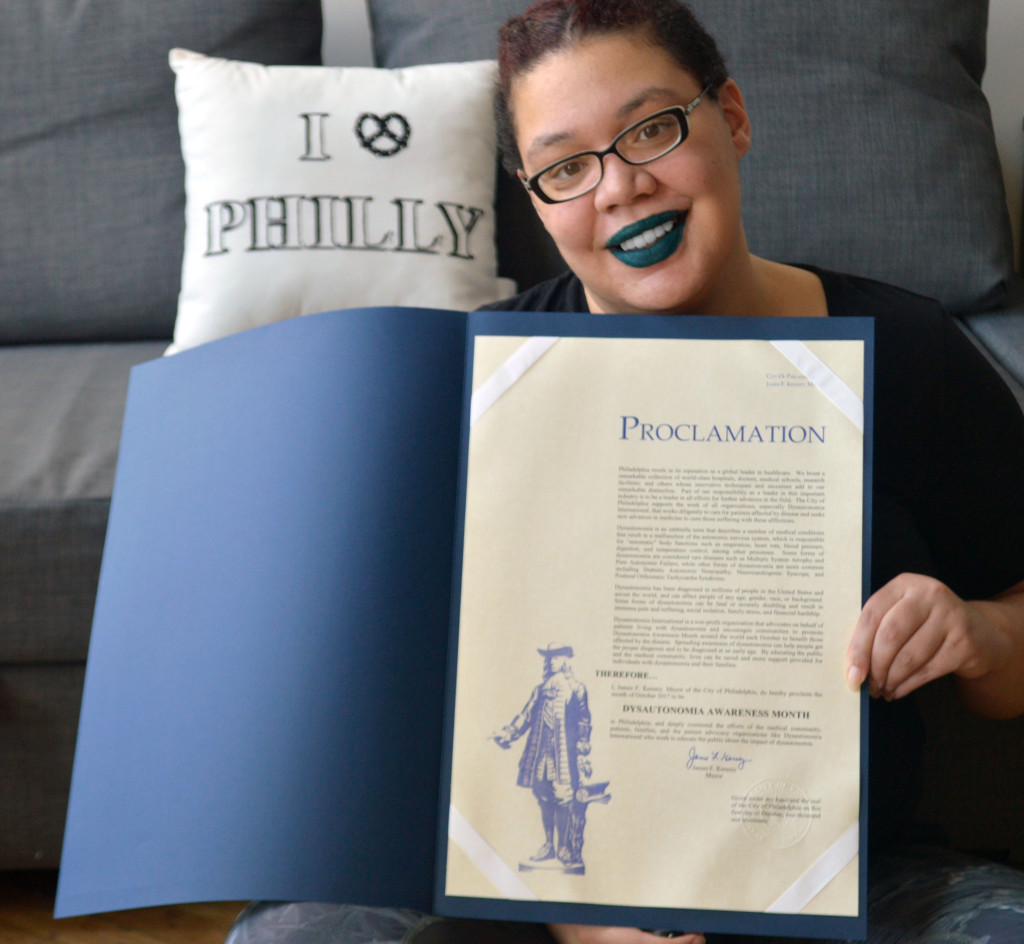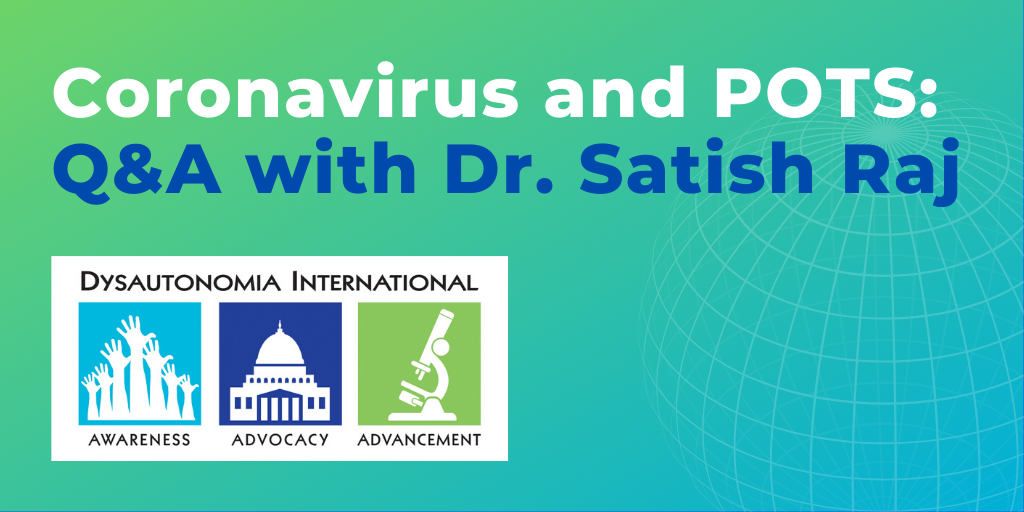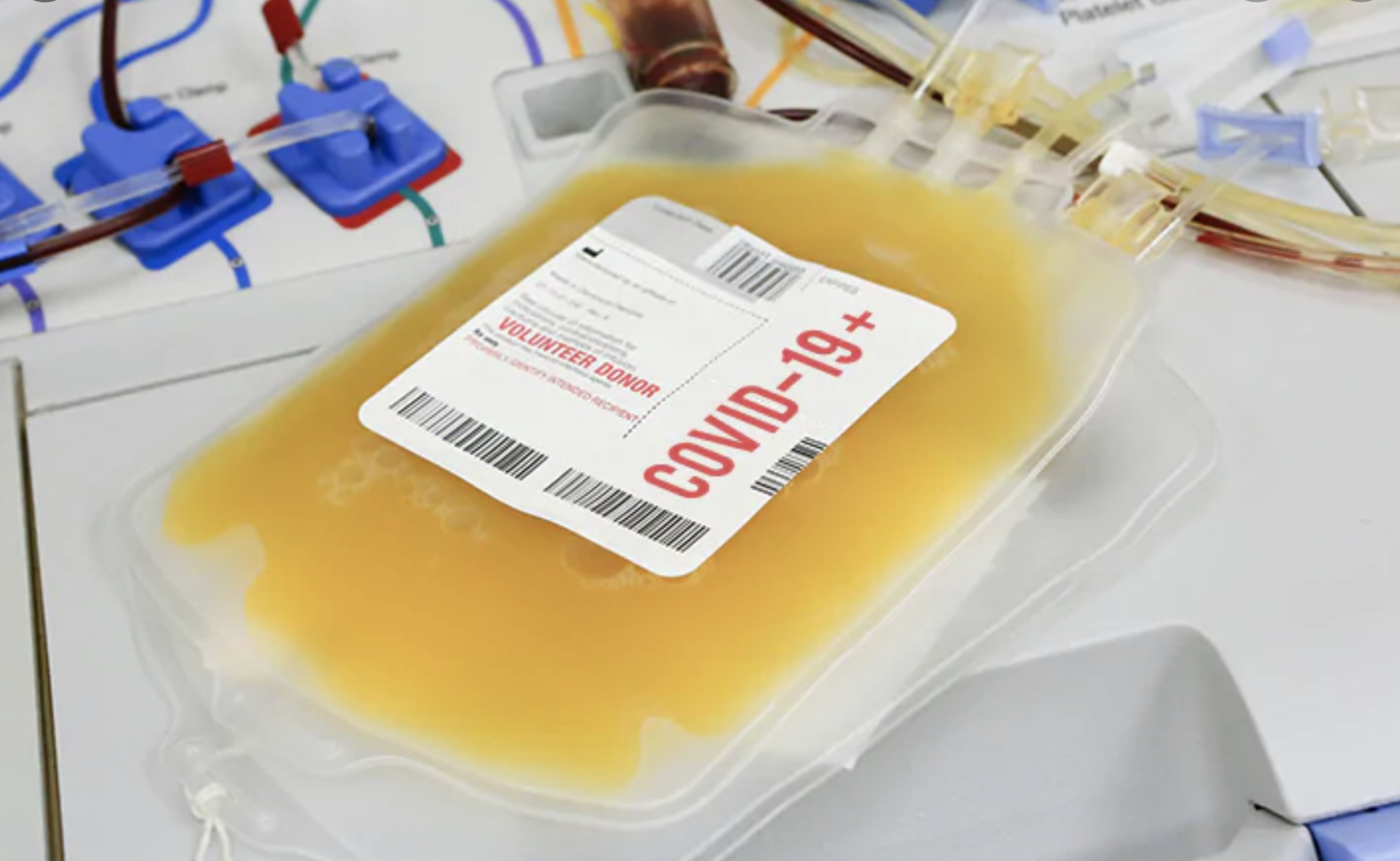
You have undoubtedly heard the news about the spread of coronavirus or COVID-19 and the advice that we should all be “social distancing.” We hope you’re doing well with the current health crisis, although we’re sure that dysautonomia patients are better than most at social distancing as many of us are experts at taking care of ourselves at home! Still, this is a very new time for all of us, so we wanted to provide you with some resources to help you make the most of your time at home.
Become a Dysautonomia Expert
If you watched even half of the 100+ videos on our Autonomic Disorders Video Library, you will have received more hours of medical education on autonomic disorders than most doctors receive throughout their entire career.
Read Books For Free
There are tons of ways to read books for free online without leaving your house. First, check out your local library’s website. Most public libraries partner with an app like Libby where you can check out books and audiobooks using your library card. Don’t have a library card? No problem. Check out Open Library, which allows you to check out books for free for a limited time. Not only do they have classic books like Shakespeare’s plays, but they also have newer collections like George R. R. Martin’s A Song of Ice and Fire. Manybooks and Project Gutenberg offer texts with expired copyrights, so they are free to share and download. Little ones may enjoy Storyline Online, where famous actors read beloved children’s books. This is 100% free and totally fun!
Take Online Courses
If you have time off of work or feel like sharpening your brain, there are many options for online learning. edX offers over 2,500 courses from 140+ different institutions. Coursera offers courses from over 190+ universities and companies. Khan Academy, which was originally created by Salam Khan as a way to help his cousins with their homework, can teach you anything from elementary school math to art history. Khan Academy utilizes videos, articles, and quizzes to help you master your topic.
Learn To Code
Computer programming is one of the most marketable skills on the job market right now, so why not use this time to develop it? Code Academy offers a quiz to help you figure out where to begin in your journey with coding, and lets you choose what you want to learn, whether it’s website learning or data analysis. Code Wars offers a huge selection of programming languages to learn, and gives you challenges to take on. For K-12 students, Code.org is designed specifically with kids in mind, and it’s supported by some of the biggest leaders in tech like Amazon, Facebook, and Google.
Learn A New Language
If writing a new programming language isn’t your thing, maybe speaking a new language is up your alley. It’s never been easier to start learning a new language with all of the free apps available. Duolingo is one of the most popular ways people are learning to speak new languages with a 4.7 rating and more than 704,000 ratings on the Apple App Store. Duolingo offers quick lessons you can take any time on your phone with visual and audio cues, quizzes, and lessons to help you start speaking a new language in no time. Babbel offers lessons are voiced by native speakers. Live Mocha is another option.
Learn to Cook
Social distancing means most, if not all, of our meals are made at home, so now is the perfect time to learn to cook, learn new recipes, or improve your cooking skills. YouTube is the first place you should turn as there are endless channels full of chefs who will not only teach you but entertain you. Try Bon Appetite, the popular channel created by Bon Appetit Magazine with great series like Baking School, Cook Like A Pro, or Gourmet Makes, where a chef will learn how to make your favorite treats and candies in the Bon Appetit test kitchen and teach you how to make them at home. There’s also BuzzFeed’s Tasty, full of recipes, meal ideas, and how to’s, plus more fun series like Making It Big, I Draw, You Cook, and the very helpful, Tasty 101. Binging With Babish will teach you how to make a dish inspired by a TV show or movie and has great commentary to go with it. If videos aren’t your thing, or you’re looking for something with a bit more intensive information, check out this cooking course from CookingLight full of articles about different techniques.
Exercise
Yes, yes, exercise. While we are all different, doctors typically advise people with dysautonomia to exercise 30 minutes a day, five days a week. Dysautonomia International offers dysautonomia-friendly exercise tips. Without access to the gym, exercise might get a little boring, so check out a 30 day free trial of the app Aaptiv, which offers guided workouts like yoga or outdoor running from professional trainers. Every workout comes with an energetic soundtrack to keep your energy up, and is offered in levels from beginner to advanced. If yoga is something that interests you, you can join the website DoYogaWithMe for free and get access to hundreds of yoga videos at different expertise levels and different lengths. Some are as short as 8 minutes, some span over an hour – you can find whatever is perfect for you.
Start Crafting
This one will require some supplies, but if you’re artistic, crafting is a great way to create something new while also relieving stress! The Spruce Crafts has tons of great tutorials on everything from crocheting, to knitting, to embroidery. You can learn how to add embroidered designs to your favorite t-shirt, how to make some custom beaded hairpins, and learn some new friendship bracelet patterns. If you’re a fan of paint and wine nights, you can still have them at home! Here’s a blog that outlines a suggested material list and even links to the YouTube they watched for their own at-home-paint party. Check out The Art Sherpa’s YouTube channel for dozens of painting tutorials. Artist at Heart Paint Party will also be going live every weekday this week at noon with a free art lesson!
Check Out Online Concerts
Most musicians are having to cancel their tours due to coronavirus, but some are turning to Twitter, Instagram, Youtube, and Facebook to still give their fans a show. Check out your favorite artists’ social channels to see if they’ve posted anything new. Visit StageIt where you’ll find concerts from thousands of different artists performed often from their own living rooms. Each concert comes with a chat room that lets you connect with other fans and the artist themselves. Note, these concerts are typically only $5-10 to attend. Each artist sets the own price for their concert.
Find Something NEW On Your Streaming Services
If you’re having a hard time deciding what to watch on your streaming services, whether it’s Netflix, Hulu, what have you, try one of these websites to help you get some suggestions!
whatthehellshouldiwatchonnetflix.com
whatmovieshouldiwatchtonight.com
decider.com/what-to-watch
Tour Museums Online
Museums across the world are making themselves accessible virtually thanks to partnerships with the Google Arts & Culture project. You can tour the British Museum in London or the Uffizi Gallery in Florence without leaving your couch. The British Museum has its own, special website that you do NOT want to miss! This blog has also collected links to other museums that offer virtual tours who are not a part of Google Arts & Cultures along with other online exhibits, apps, and learning resources.
Stream An Opera
The Metropolitan Opera in New York City has begun streaming past performances every night at 7:30 PM EDT. This will give you the chance to see world class musicians perform classic operas for free from your home.
Play Online Puzzles and Games
If all of that won’t do, how about some games? Try jigsaw puzzles on Jigsaw Explorer, games like word searches, crosswords, and sudoku at ProProfs, or Logic Puzzles at PuzzleBaron.
No matter what you’re doing during this time of unprecedented change, we hope you and your family stay safe. Don’t forget to check out the Dysautonomia International Coronavirus Information Page.
Stay up to date on the latest dysautonomia news, research and events by joining Dysautonomia International’s email list.




 by
by 





 by
by 

